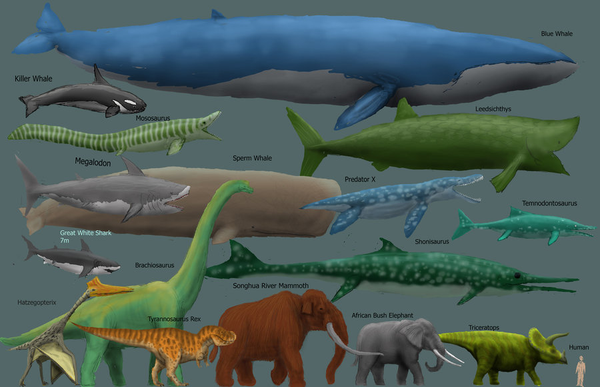- Why do only a tiny percentage of living things become fossils?
- Who decompose the bodies of dead animals are called as?
- What factors affect the rate of decay?
- Why do most living things not leave fossils behind?
- Why are fossils very rare?
- Why decomposition is necessary to an ecosystem?
- Why do bodies decompose?
- Why is decomposition important to life process?
- Which is the slowest process in decomposition?
- What are the 5 stages of decomposition?
- What is decomposition and why is it necessary?
- What causes decay in plants?
- How does temperature affect human decomposition?
Why do only a tiny percentage of living things become fossils?
For an organism to become a fossil, it must not decompose or be eaten. ... When an organism is buried quickly, there is less decay and the better the chance for it to be preserved. The hard parts of organisms, such as bones, shells, and teeth have a better chance of becoming fossils than do softer parts.
Who decompose the bodies of dead animals are called as?
Answer: Bodies of living organisms begin to decompose shortly after death. Animals, such as worms, also help decompose the organic materials. Organisms that do this are known as decomposers.
What factors affect the rate of decay?
The effect of temperature, water & oxygen on the rate of decay. Decomposition is the breakdown of dead matter, which is often called rotting.
Why do most living things not leave fossils behind?
Why do most living things not leave fossils behind? They decompose before they are covered by sediments and predators might eat them. ... Fossils are formed when a plant or animal dies in a watery environment and is buried in mud and silt.
Why are fossils very rare?
Fossils are rare because their formation and discovery depend on chains of ecological and geological events that occur over deep time. ... As such, finding fossils involves not only perseverance and luck, but the discovery of any particular fossil also depends on the chance that the specimen preserved in the first place.
Why decomposition is necessary to an ecosystem?
Decomposition of organic matter (i.e. dead plant and animal remains) in soils is an important process in any ecosystem. ... As organic matter is decomposed, water, carbon dioxide and nutrients are released. Meaning that, any excess nutrients are released and are available for plants to use to grow.
Why do bodies decompose?
Decomposition begins several minutes after death with a process called autolysis, or self-digestion. Soon after the heart stops beating, cells become deprived of oxygen, and their acidity increases as the toxic by-products of chemical reactions begin to accumulate inside them.
Why is decomposition important to life process?
Left: Decomposition is an important of all life cycles. ... Decomposition reduces these leaves first into a compost and then into nutrients which return to the soil and enable new plant growth to take place. . Decomposition is an important part of all ecosystems.
Which is the slowest process in decomposition?
Fragmentation is one of the step during decomposition, in which detritus is converted into small fragments. Humification leads to dark colored amorphous substance called humus that is highly resistent to microbial action and undergoes decomposition at an extremely slow rate.
What are the 5 stages of decomposition?
A corpse generally progresses through five stages of decomposition—fresh, bloat (autolysis), active decay (putrefaction), advanced decay and skeletonisation.
What is decomposition and why is it necessary?
Decomposition is the first stage in the recycling of nutrients that have been used by an organism (plant or animal) to build its body. It is the process whereby the dead tissues break down and are converted into simpler organic forms. These are the food source for many of the species at the base of ecosystems.
What causes decay in plants?
Microorganisms such as bacteria and fungi cause decay. They are called decomposers. A microorganism needs oxygen, water and a suitable temperature to survive. Microorganisms break down sewage (human waste), dead plants and plant waste such as dead leaves into compost.
How does temperature affect human decomposition?
The most significant factor (by far) affecting the decomposition of a body is ambient temperature, the temperature of the area in which the remains are found. The higher the temperature, the faster the decomposition occurs. This is the reason why funeral homes and other facilities place human remains into coolers.
 Animalscaretips
Animalscaretips



